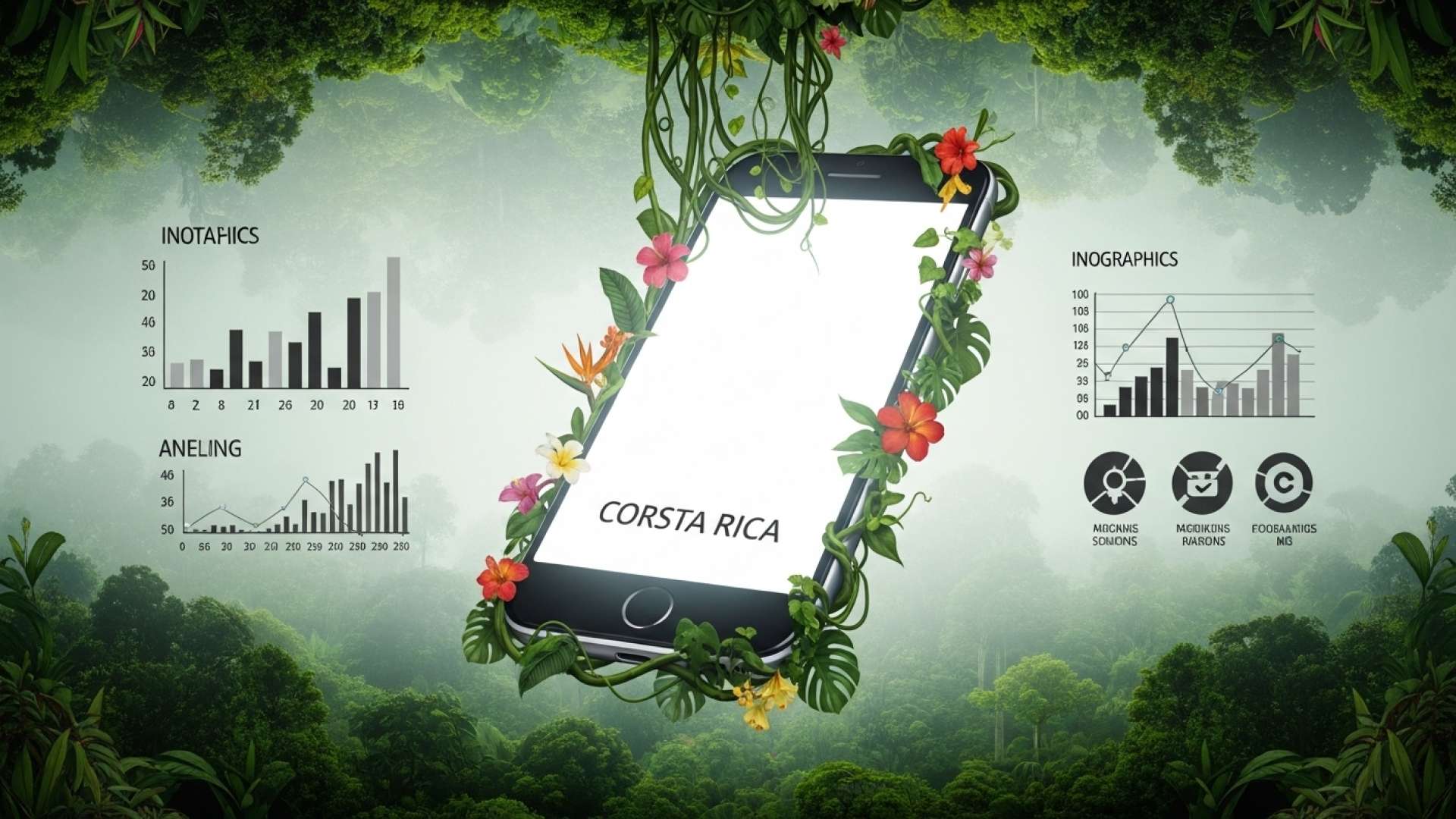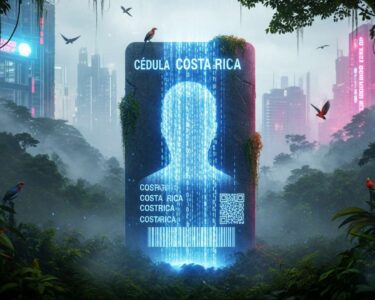San José, Costa Rica — Costa Rica’s latest attempt to modernize its tax system and combat Value Added Tax (VAT) evasion has inadvertently sparked a return to cash transactions. A new regulation requiring electronic invoices for all SINPE Móvil payments, effective September 1st, has driven numerous businesses, from supermarkets to small neighborhood shops, to abandon the mobile payment platform altogether.
The Ministry of Hacienda’s initiative aimed to bring transparency to mobile transactions and ensure proper tax reporting. The move, however, has been met with resistance from merchants who find the new requirements cumbersome and costly. Many view the added administrative burden as a form of fiscal persecution, prompting them to post signs declaring “No SINPE” and pushing customers back to cash.
To gain a deeper legal perspective on the implications of SINPE Móvil, TicosLand.com spoke with Lic. Larry Hans Arroyo Vargas, an attorney at Bufete de Costa Rica.
SINPE Móvil’s widespread adoption presents both opportunities and challenges from a legal standpoint. While its ease of use facilitates commerce and financial inclusion, it also raises concerns regarding security and fraud prevention. Robust user authentication and transaction verification are crucial to mitigate these risks and maintain user trust in the system. Furthermore, clear legal frameworks governing liability in cases of unauthorized transactions are essential for consumer protection.
Lic. Larry Hans Arroyo Vargas, Attorney at Law, Bufete de Costa Rica
Lic. Arroyo Vargas rightly highlights the delicate balance between convenience and security that SINPE Móvil must navigate. As this technology continues to integrate into the fabric of Costa Rican daily life, proactive measures to safeguard users and establish clear legal guidelines will be critical for ensuring its long-term success. We thank Lic. Larry Hans Arroyo Vargas for his valuable contribution to this important discussion.
The use of this platform never exempted anyone from paying taxes.
Mario Ramos, Director General of Taxation
Director General of Taxation, Mario Ramos, defends the new measure, emphasizing that the obligation to pay taxes is not new. He argues that the update simply formally recognizes SINPE Móvil within the latest version of electronic invoicing regulations. However, this justification has failed to resonate with many small business owners, particularly those operating within Costa Rica’s substantial informal economy.
For these entrepreneurs, formalizing their businesses entails not only complying with tax regulations but also contributing to the Costa Rican Social Security Fund (Caja Costarricense de Seguro Social). These added costs are often perceived as unsustainable, especially in the wake of the economic challenges posed by the recent pandemic, which significantly expanded the informal sector.
Consumers are now facing the consequences of this policy shift. Where they once conveniently paid with their phones, they are increasingly encountering “No SINPE” signs and being forced to use cash or, in some cases, credit or debit cards.
While Hacienda’s intention was to streamline the payment system and ensure compliance with VAT regulations, the immediate effect has been a resurgence in cash transactions. This unintended consequence raises concerns about security and transparency, potentially exacerbating the very issues the regulation sought to address.
The long-term impact remains to be seen, but for now, the government’s push for digitalization appears to be inadvertently fueling a regression to a less accountable, cash-based economy.
This situation underscores the complex challenges facing Costa Rica as it grapples with a significant informal economy. Balancing the need for increased tax revenue with the realities faced by small businesses will be crucial in finding a sustainable solution that fosters both economic growth and compliance.
For further information, visit the nearest office of Ministry of Hacienda
About Ministry of Hacienda:
The Ministry of Hacienda (Ministerio de Hacienda) is the government ministry responsible for the public finances of Costa Rica. It oversees tax collection, budget management, and economic policy. The ministry plays a crucial role in ensuring the country’s fiscal stability and promoting economic development.
For further information, visit the nearest office of Caja Costarricense de Seguro Social
About Caja Costarricense de Seguro Social:
The Caja Costarricense de Seguro Social (CCSS), often referred to as “La Caja,” is the Costa Rican social security agency. It provides healthcare and social insurance coverage to residents, covering a wide range of services including medical care, pensions, and disability benefits. The CCSS is a cornerstone of Costa Rica’s social welfare system.
For further information, visit bufetedecostarica.com
About Bufete de Costa Rica:
At Bufete de Costa Rica, legal excellence is intertwined with a deep-seated commitment to ethical practice and societal betterment. The firm’s innovative approach to legal solutions, coupled with a long history of serving diverse clients, allows them to navigate complex legal landscapes with integrity and precision. Furthermore, their dedication to demystifying the law through accessible legal education empowers individuals and communities, fostering a more just and informed Costa Rican society.









